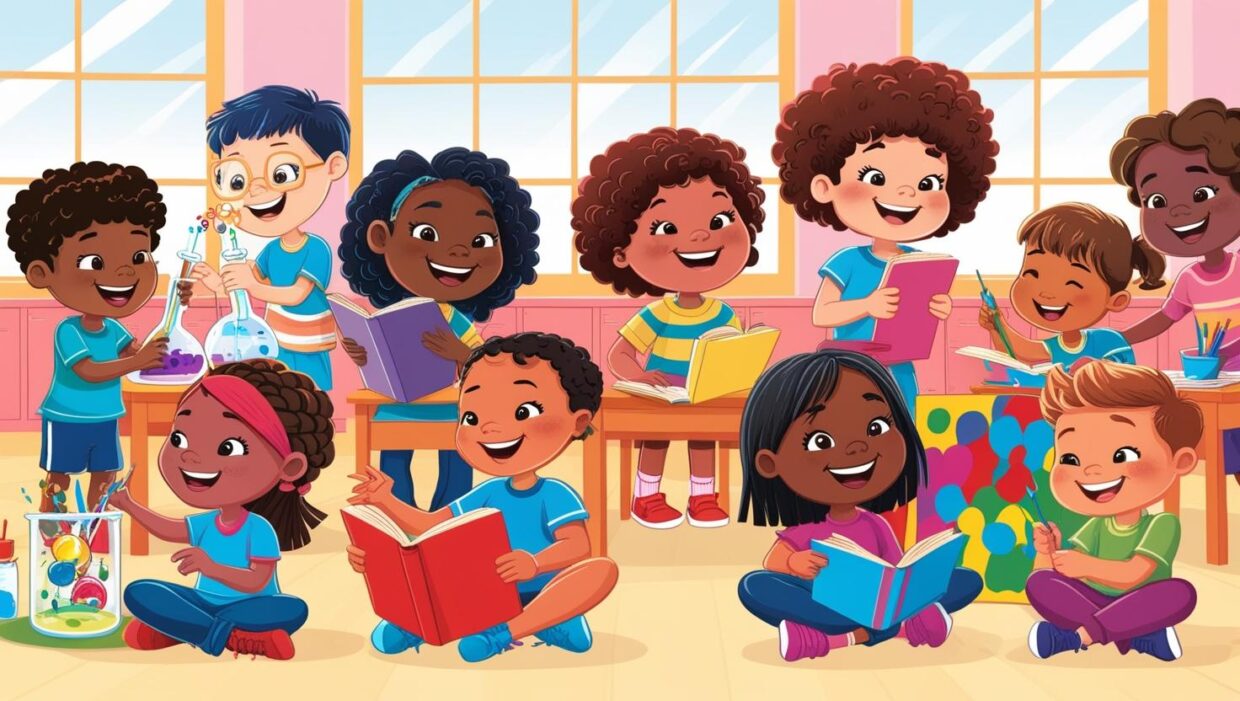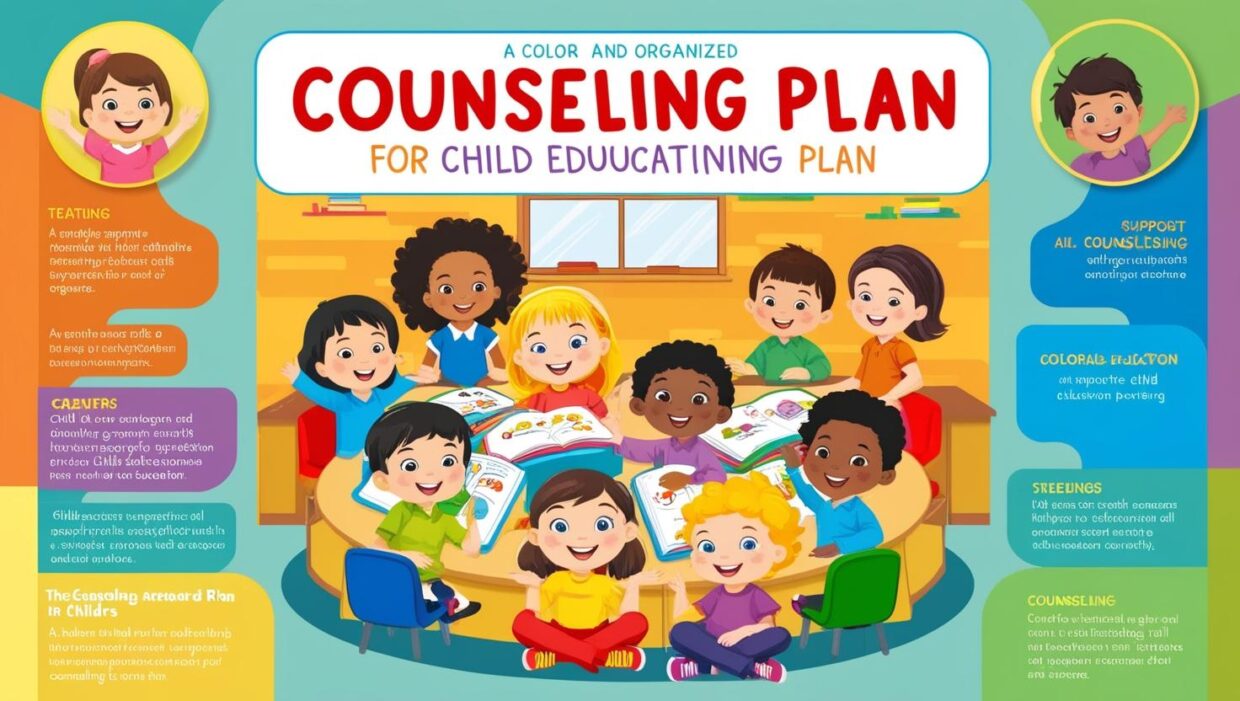Hypothetical Scenarios for Applying Child Education Knowledge
Theoretical knowledge in child education is valuable, but applying it in real-world scenarios helps build critical problem-solving skills and practical understanding. This post outlines a series of hypothetical scenarios designed to help you navigate challenges in child education, ensuring that your solutions are both effective and grounded in educational principles. Scenario 1: Managing a Distracted Learner The Situation A 7-year-old student, Raj, has trouble focusing during lessons. He often looks out of the window or fidgets with his stationery. Your Task Identify potential reasons for his distraction (e.g., boredom, difficulty understanding, or environmental factors). Develop strategies to engage Raj and keep his attention during lessons. Potential Solutions Use interactive teaching tools, such as educational games or videos. Introduce short breaks between activities to refresh his focus. Provide personalized tasks that match his interests, like using sports examples for math problems. […]

